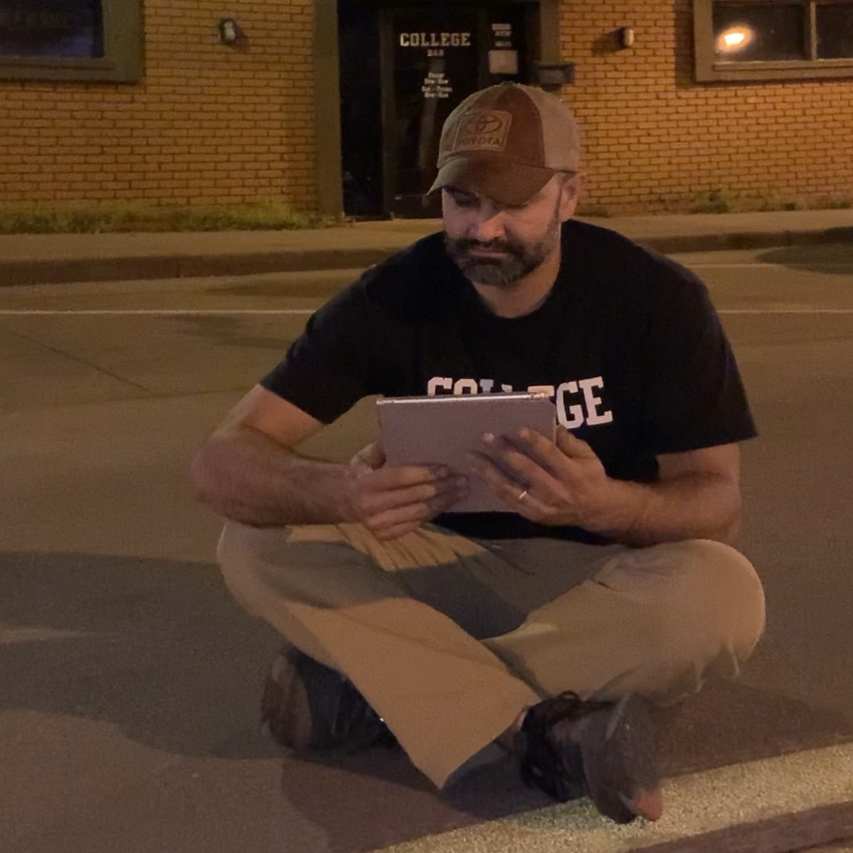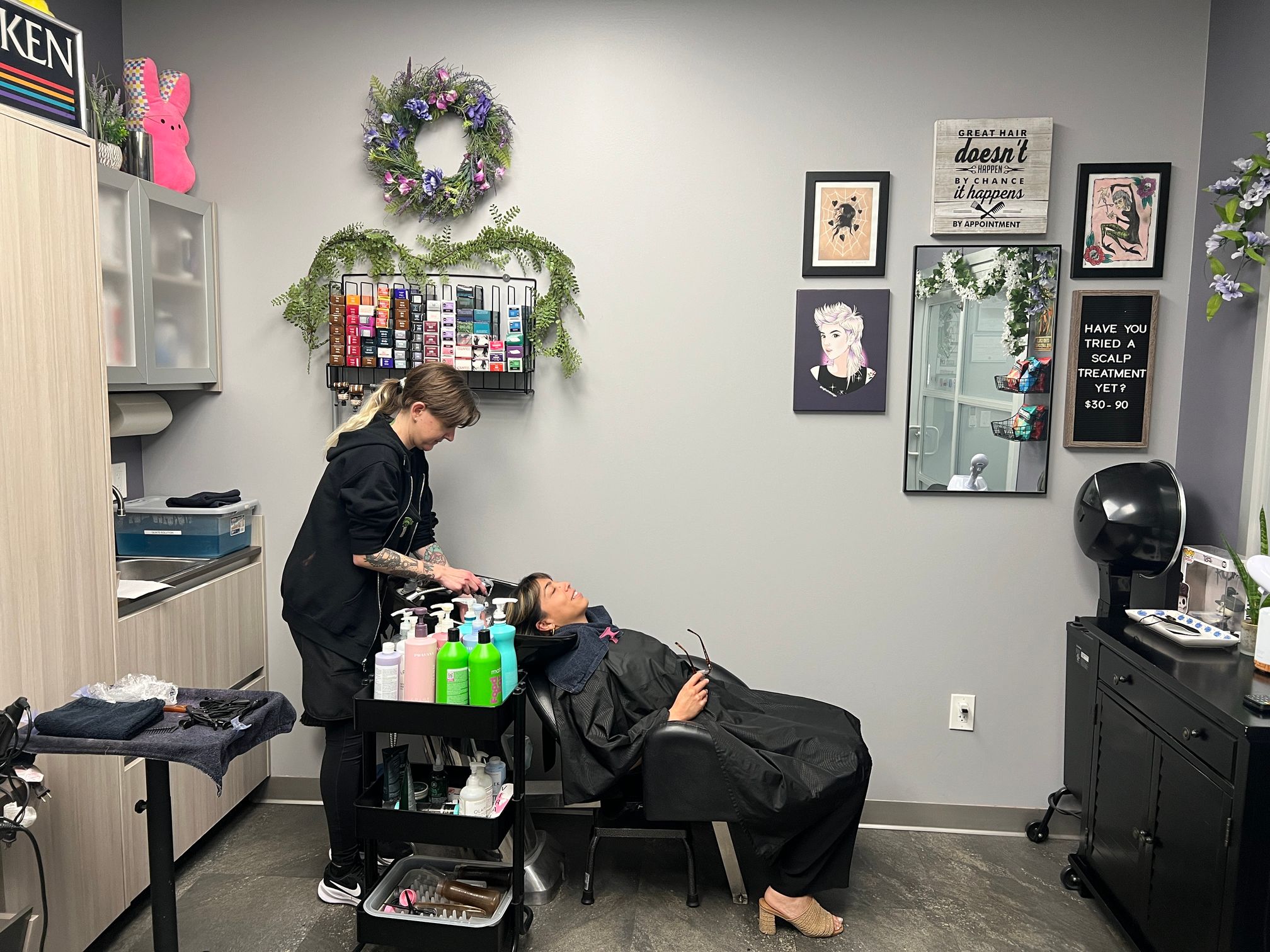(STILLWATER, Oklahoma) — Every July, the town of Stillwater in Oklahoma is without half its population: the students of Oklahoma State University. The parking lots are empty, the traffic is gone, and businesses face a yearly summer decline. Last year, this absence was compounded by the pandemic lockdowns. When a second round of closures happened in July 2020, the businesses along Washington Street, Stillwater’s locally famous bar strip, faced a dire situation.
College Bar and Stonewall Tavern were two of Stillwater’s bars that sat empty (the former is on Washington Street). Owner Javier Cervantes had seen each bar through ups and downs before, but with most of his customer base being students at Oklahoma State, he had never faced anything like the pandemic, which forced closures and led students to stay home for online schooling.
These days, he’s reopened each bar and is still working through the recovery process. But in July 2020, he sat in front of College Bar, in the middle of an unusually empty Washington Street. He held his iPad, posing for an Instagram photo to remind his customers one thing: The bar loved by students was still there.
The following is a conversation Cervantes had with The Click to discuss his experience as a business owner during these turbulent times.
When did it start to set in that this may be more long-term than you thought? As it pertained to College Bar and Stonewall, when did you start to realize “this isn’t going to be a two-week thing”?
When it’s summertime in Stillwater, we’re kind of a ghost town. It started to feel a little different than before school started up in fall 2020. Because of the closures, we were doing Instagram activities to keep our customer base together.
I still remember a picture my wife took of me sitting on Washington Street on a Friday night. All the bars are closed, there’s no traffic, and I’m just sitting in the middle of the street. That’s when it really started to sink in, because here’s a time when we’re supposed to be busy. It’s a weekend in a college town and I’m able to sit in the middle of the street.
It’s a picture of the moment we started to realize, “This is not normal, we don’t know what we’re doing now.” But we had to move forward.
When you started to get that feeling that this was going to be something to overcome, how did you adapt? What were the first steps you took?
Being closed, to deal with the virus, we had to deep clean. But you start deep cleaning these bars and you realize, “Man, this is dirtier than we thought.” We felt that if we were going to be open again, there’s going to be a conscious awareness of how clean bars are. So we took things apart, deep cleaned them, we updated and upgraded technology.
We knew that we needed to be different in a way where we look cleaner, smell better, and are going to be able to respond to things a little quicker. We couldn’t do the same things that we were doing before. People say one of life’s only constants is change, and we knew we had to make things cleaner and better.
When you did come back, I think everybody was a little bit hesitant to start going out. One thing I know students were excited for were weekly events like bingo and trivia. It wasn’t just “come out on a Monday night,” now you were doing something on a Monday night. Would you say that providing an event for people to come to helped the recovery?
Absolutely. Not only that, but we had to do it in a way where we weren’t trying to pack the place out. When you do events like that, you want to pack the place out. We were on this fence.
Socializing is an important component of the human experience and our niche is bringing people together. Doing that during a pandemic, we had to find ways of doing it that was safe, so we purposely wouldn’t advertise the things we did. We just wanted to take care of the individuals that were making a conscious decision to come out and come to us.
That social interaction is vital for the human psyche, so having people brought together was important to stay grounded, not just for them but for us, too. This was our livelihood, so we had to find ways to do it but do it in a responsible way.
Was there ever any sort of inkling in your mind that said, “We may have to close down these bars”?
Oh, yeah. It sucked. It sucked ass, excuse my language.
We left the corporate world for the things we’re doing now. Even though we work more now, it doesn’t feel like it, so to lose that sucked. Luckily, we were in business for a while, so we had a customer base, but that feeling of the unknown was sickening. It was not good mentally.
But when we did finally reopen, those weekly events helped. Not only with the cash flow, but for our customer base to see their friends and talk to us every week, that helped tremendously for us too. There were a lot of sleepless nights. I’m able to sleep a little more nowadays, but then, it was dreadful.


